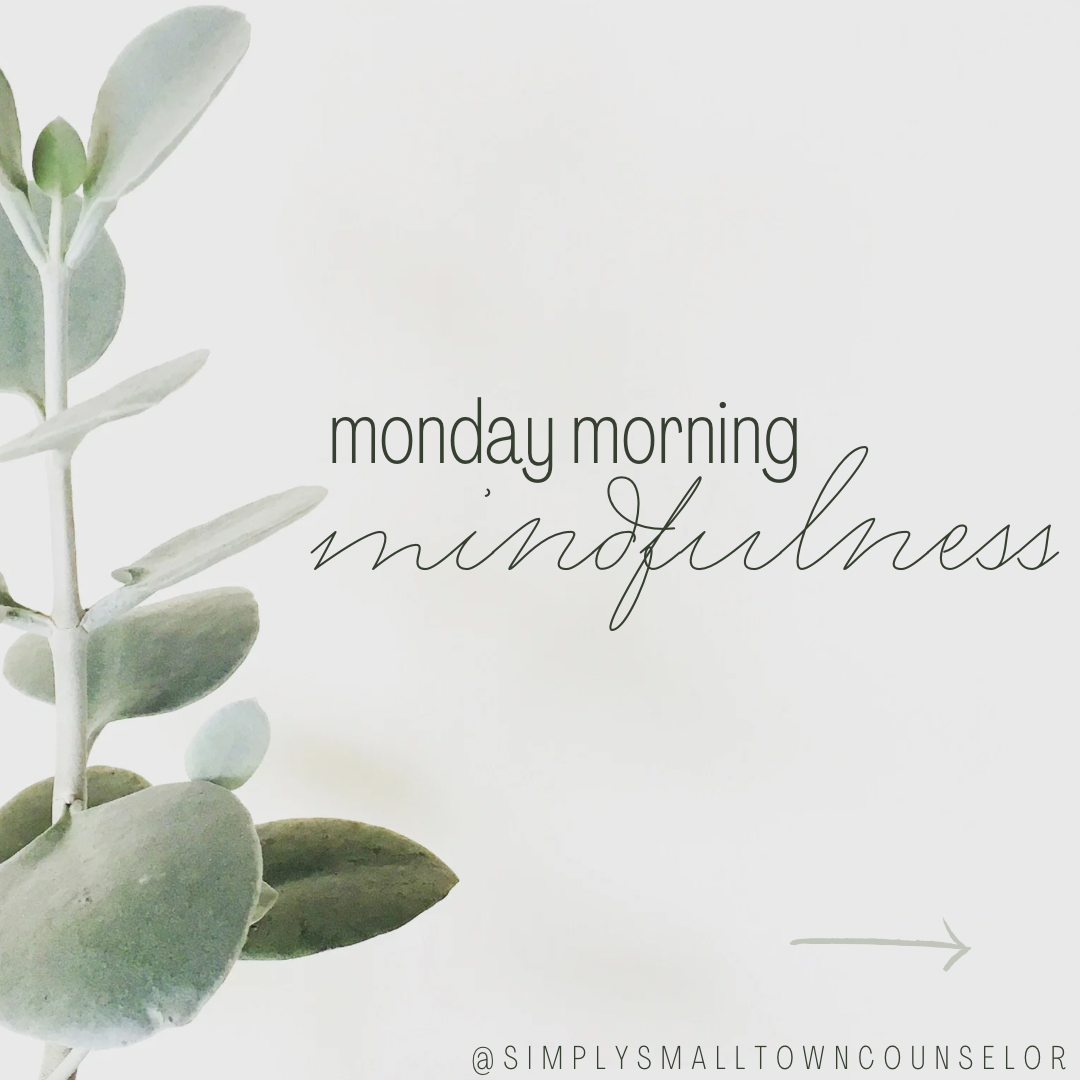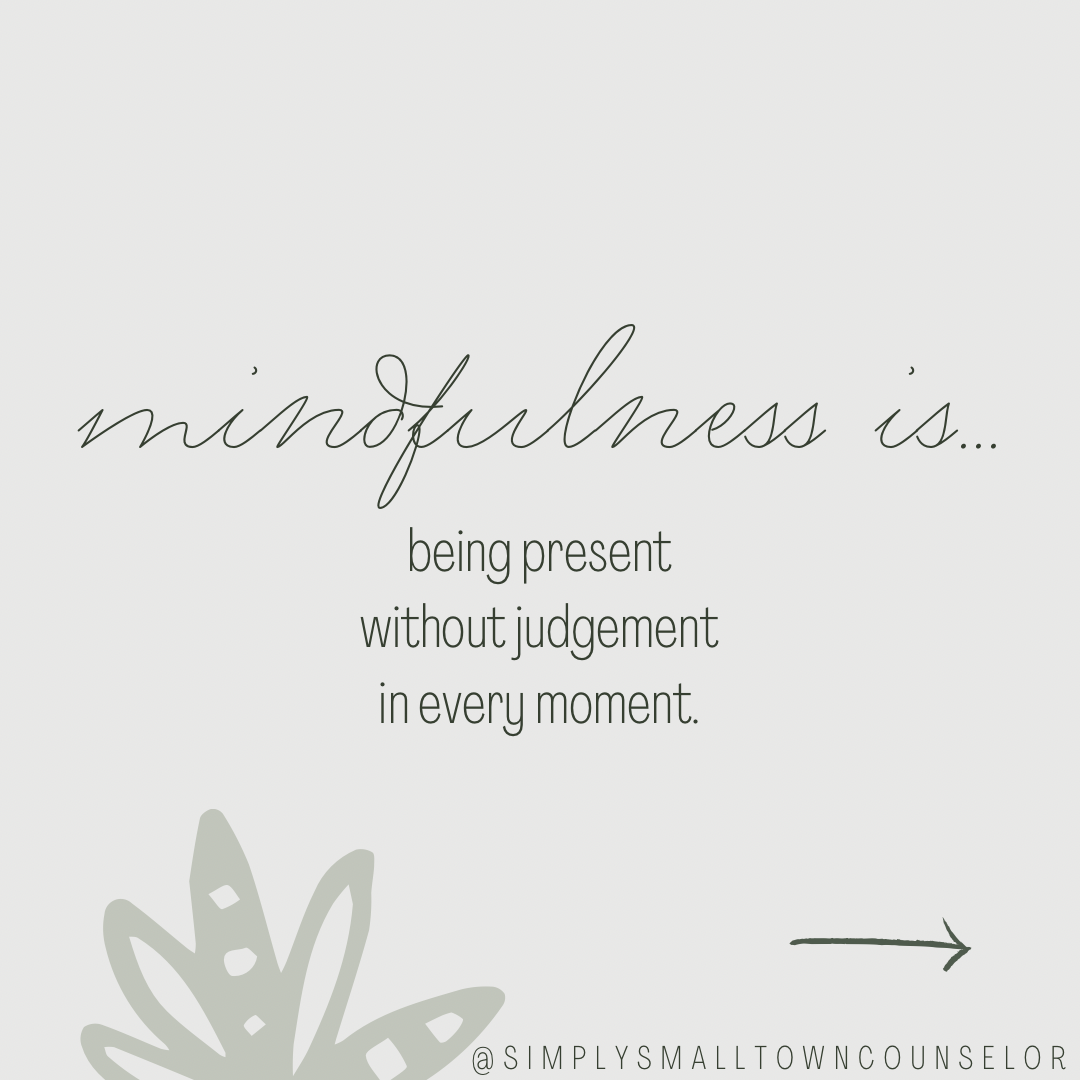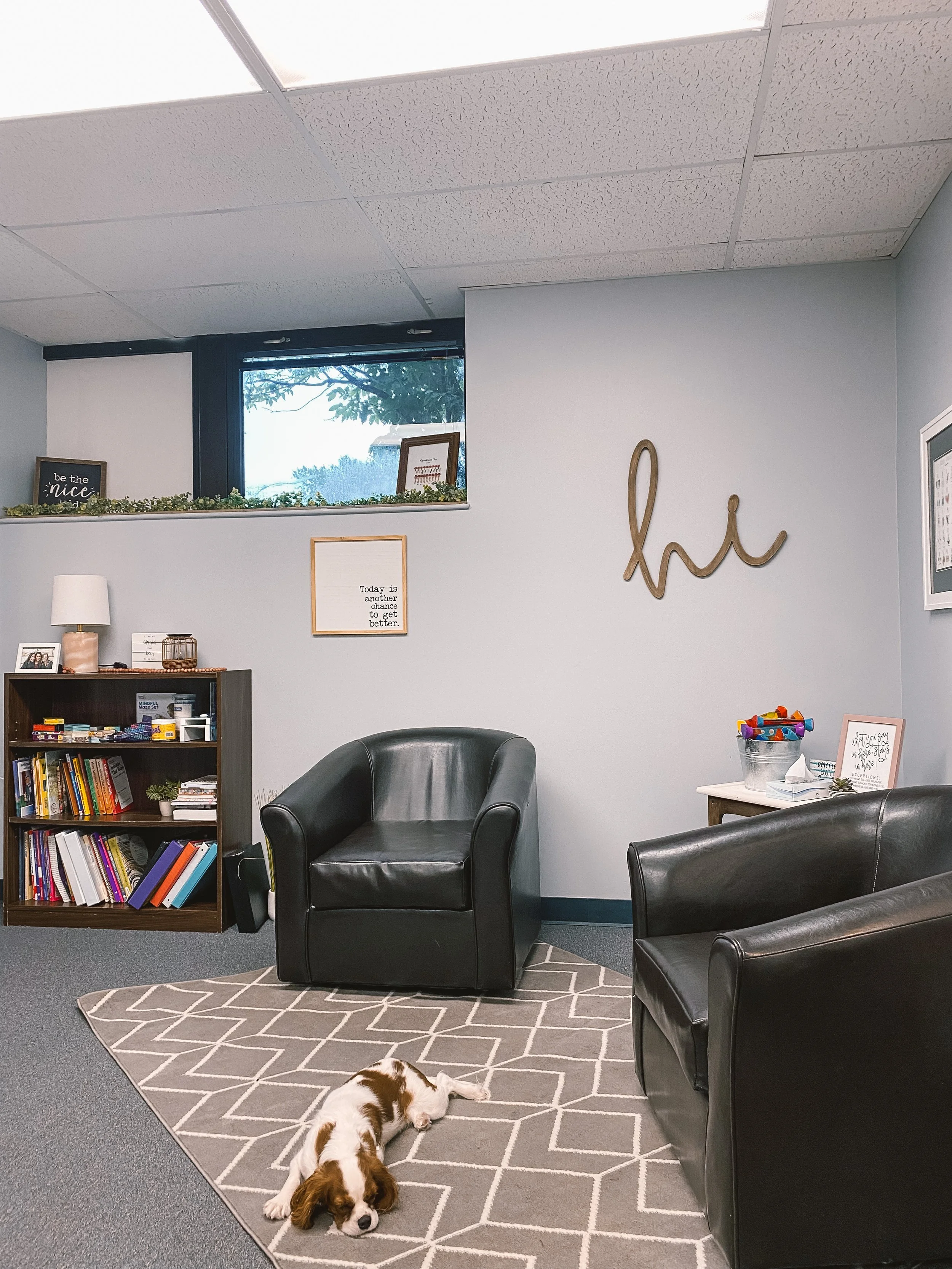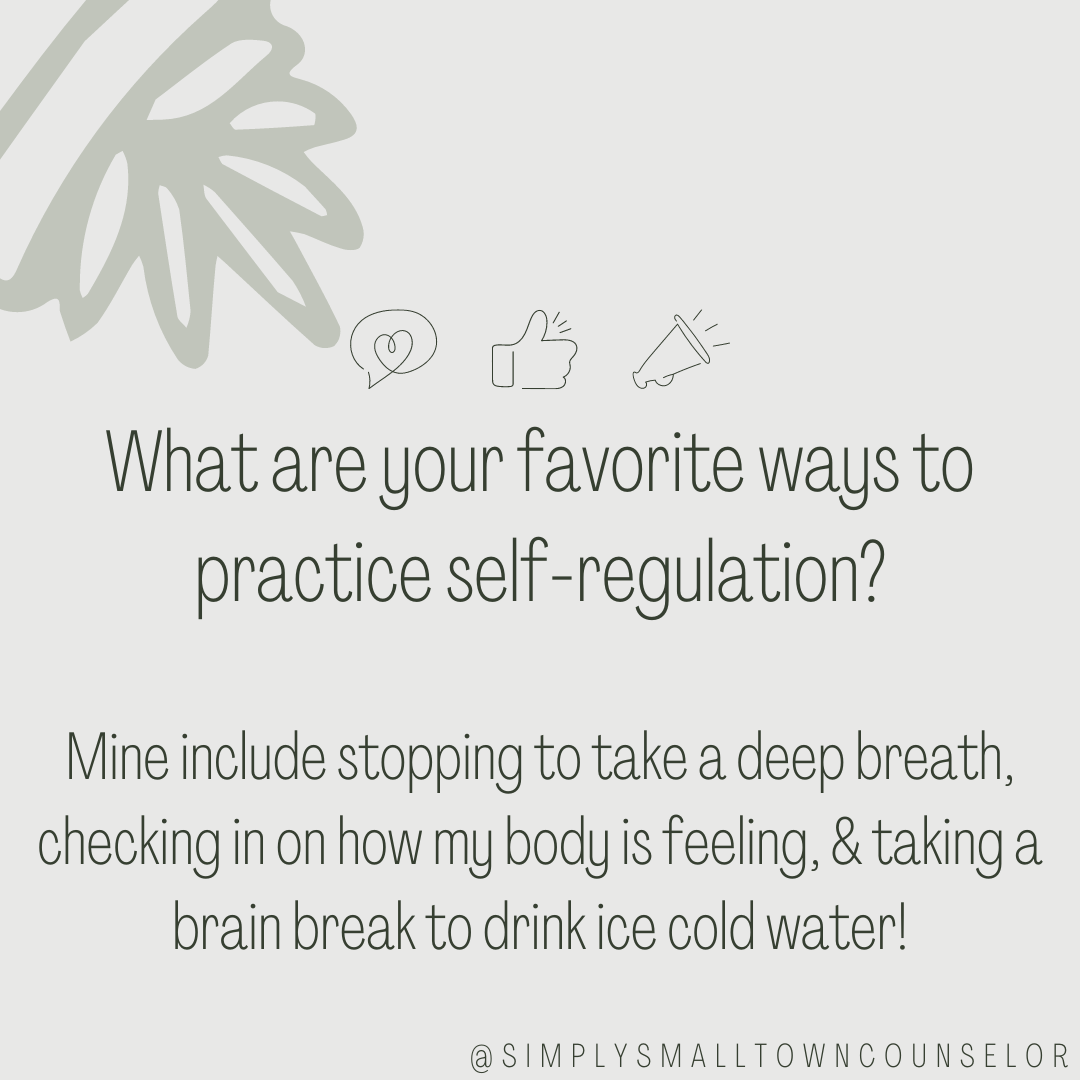monday morning mindfulness: modeling healthy coping skills
I am so thankful for this online community & I want to be a little more intentional about chatting about things, encouraging one another, & reminding each other that many of us are probably feeling similar things, or have at different times. These monday morning mindfulness posts are going to be little glimpses into my heart & life: the good, the bad & the ugly. So much can be learned from different experiences, especially when you are practicing mindfulness.
With all of that being said, today’s topic is: modeling healthy coping skills.
I often have students who will ask to come do their class work in my office for various different reasons -- some of them need a minute to reset & need some Piper time, others are able to focus better when they're not around their classmates (this is a common reason for my kiddos who have "secret anxiety" aka anxiety that they don't want their classmates to know about).
Anyway, I had a student working in my office on her laptop in my comfy leather swivel chairs while I was working on my documentation at my desk. Piper had played with her toys for a while & then decided to lay down for her third mid-morning nap. (The life of a dog sounds pretty appealing, am I right??) Out of nowhere, the student started quietly giggling. This is a girl who I NEVER have to redirect or prompt to keep working, so I was puzzled right away. When I asked her why she was giggling, she said "because Piper just took a deep breath & then you did too". I literally didn't even notice that this had happened!
It reminded me though of how important modeling is, not only for my kiddos at school, but even as a parent! It is no secret that kids often copy behaviors of those they observe (& may not even realize they're doing it). This is the same when it comes to coping skills. There is a common phrase in counseling: "when they go high, you go low," meaning that if a student starts to escalate, you do the opposite. For example, if they start yelling, you start to whisper. If they start pacing around the room, you sit down. Being a calming presence is huge & will help bring them "back down" to a regulated space. Modeling healthy coping skills helps normalize big feelings. When you are intentionally working on your self-regulation throughout the day, it will have an impact on others around you, even if you don't notice it.
So thanks for taking a deep breath, Piper. I obviously needed it, too!




